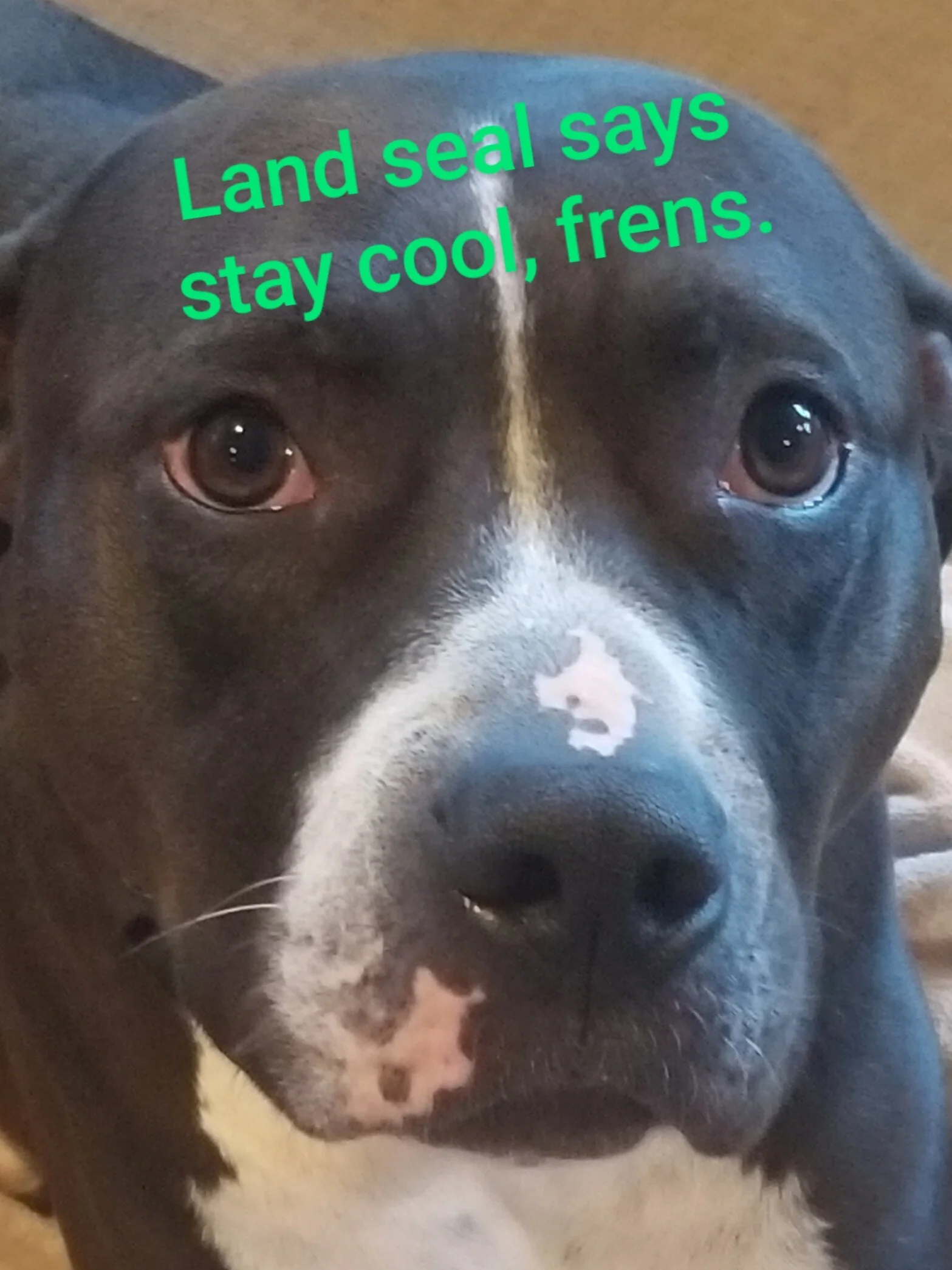Dog Heat Stroke: Signs and How to Prevent It
JULY 4th and Family Fun! Hamburgers and HOT DOGS! NOOO! NOT HOT DOGS! The LAST thing we want is to let our dogs get overheated! It can happen quickly, and can be very serious. Even deadly. Here are some signs.
DOG HEAT EXHAUSTION WHAT TO LOOK FOR
excessive panting/erratic breathing
drooling
disorientation
lack of coordination/dizzy
rapid pulse
lethargy
weakness
tremors
seizures
vomiting
passing out
WHAT TO DO IF YOUR DOG IS OVERHEATED
bring him inside or into shade
offer him a small amount of cool (not cold) water, but do not force water into his mouth as it could cause him to aspirate the water into his lungs.
if you have a rectal thermometer, lubricate it and insert it into the rectum. ( Do not use a glass thermometer!) If the temperature is 105 or higher. Start at-home cooling.
have someone call the vet so they will be expecting you when you get your dog's temperature down. The goal is 103 or below, but have someone start the car and get it cooled down as you move forward with the next steps.
using COOL (not cold) wet towels, place one in groin area, and one in arm pits. Pat the areas with the cool towel.
put cool water on paws and around ears.
offer small amount of water again.
retake temperature.
make note of temperature and symptoms so you can tell the vet.
OKAY! I know what it looks like and I know what to do if it happens.
HOW CAN I PREVENT HEAT EXHAUSTION FOR MY DOG?
Here are some SUMMER SAFETY TIPS to avoid heat stroke for your dog.
fresh cool water
shade available at all times
brief outside times
walks during morning and evenings, in the grass.
leave the air conditioner on if your dog is in the house all day. It doesn’t have to be super cool, but turning it off could send the inside temperature high enough to be dangerous to your pets.
and, as always, NEVER leave your dog in your car even if your window is down, (unless your ac is on.)
Pro Tip: for a family event where a lot of people and fun and chaos could be happening, if possible, maybe your dog stays for a while then goes inside? Or maybe he'd rather chill inside anyway? If he is going to stay out, do be that helicopter pet parent and check on your dog constantly, especially if your dog has a thick coat, a dark coat or a flat face like a pug or a frenchie or boxer. Dogs with flat faces dark coats and thick coats are particularly vulnerable to heat exhaustion and heat stroke.


